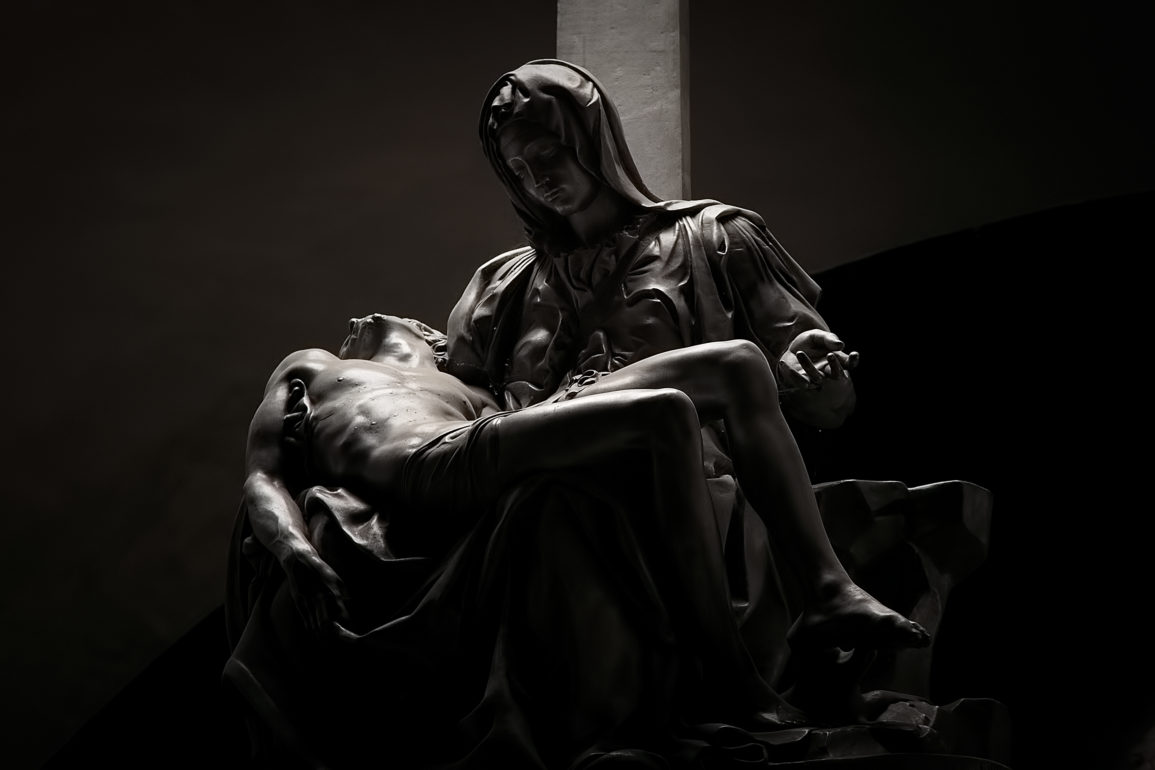I will expose here, from the point of view of the Catholic faith, what refers to euthanasia and the dignity of death, considered in their relationship with the afterlife. What I am doing here is referring to what Catholic doctrine says about it. However, the Catholic religion is the truth, so that is also the truth.
In what follows I will abbreviate DENZINGER, E. The Magisterium of the Church by Dz; the CATECHISM OF THE CATHOLIC CHURCH by CCC; the COMPENDIUM OF THE CATECHISM OF THE CATHOLIC CHURCH by CCCC.
I will now consider the nature of mortal sin. Mortal sin is a sin that meets the following three conditions: the matter of the sin is seriously evil, that by doing so I know that it is serious and that I want to do what I know is serious. “A mortal sin is committed when a grave matter, full warning, and deliberate consent are given at the same time” (CCCC 395). The same can also be expressed by saying that for there to be a mortal sin, there is a need for grave matter, full warning, and full consent.
The effect of mortal sin is terrible. It takes away sanctifying grace, which is the supernatural life of the soul, that is, it causes the death of the soul. As long as mortal sin is not forgiven, one remains in a state of mortal sin, and sanctifying grace is not restored. It is of faith that, whoever dies like this, is condemned to the eternal penalties of Hell (Dz 40; Dz 531; cf. Dz. 429, 464, 693, 835, 840. “This sin (mortal sin) (… ) deprives us of sanctifying grace (…) “(CCCC 395).” The souls of those who die in a state of mortal sin descend into Hell immediately after death and suffer there the pains of Hell, ‘eternal fire’ (…). The main penalty of Hell consists of eternal separation from God (…) ”(CCC 1035). There are great and eternal punishments!
Someone is killed when euthanasia is practiced. “Voluntary euthanasia, whatever its forms and motives, constitutes homicide” (CCC 2324). Moreover, killing is a grave matter (cf. CCC 1858). Obviously, killing is always necessarily serious. Homicide is very serious! Therefore, euthanasia is a serious matter. Euthanasia is “gravely contrary to the dignity of the human person and to respect for the living God, his Creator” (CCC 2324). It follows, then, of course, that if in euthanasia there is full warning and full consent, there is also mortal sin. But dying in mortal sin necessarily leads to Hell. So dying, while remaining in full warning and consent to the sin of euthanasia, leads to Hell.
Advertising is usually used to feature a product. It’s obvious that there are good ads and bad ads. Many ads are nothing more than giving things an appearance of goodness and truth, to achieve an attractiveness that manages to deceive. These are only sirens’ songs, giving a cat for a hare, giving metal of little value for pure gold.
Propaganda has been used to promote euthanasia in order to present it under the guise of a good, of something that is very desirable, highly desirable, so that the understanding and the will adhere firmly to it. By presenting it as a dignified death, for certain situations, it is being presented as the best of deaths, because there is nothing better than dying with dignity. But, in reality, to die with dignity is to die well; and to die well is not to condemn oneself, not to go to Hell. So, given that, without having rectified the full warning and the full consent to euthanasia, to die by euthanasia is to condemn oneself to Hell, to die badly, to be punished eternally. Thus it follows that euthanasia is the worst possible death, despite the fact that, propagandistically, it has been presented as a dignified death and, in fact, the best death. In short, euthanasia is, in reality, a most unworthy death.
Translation by Virginia M. Forrester










